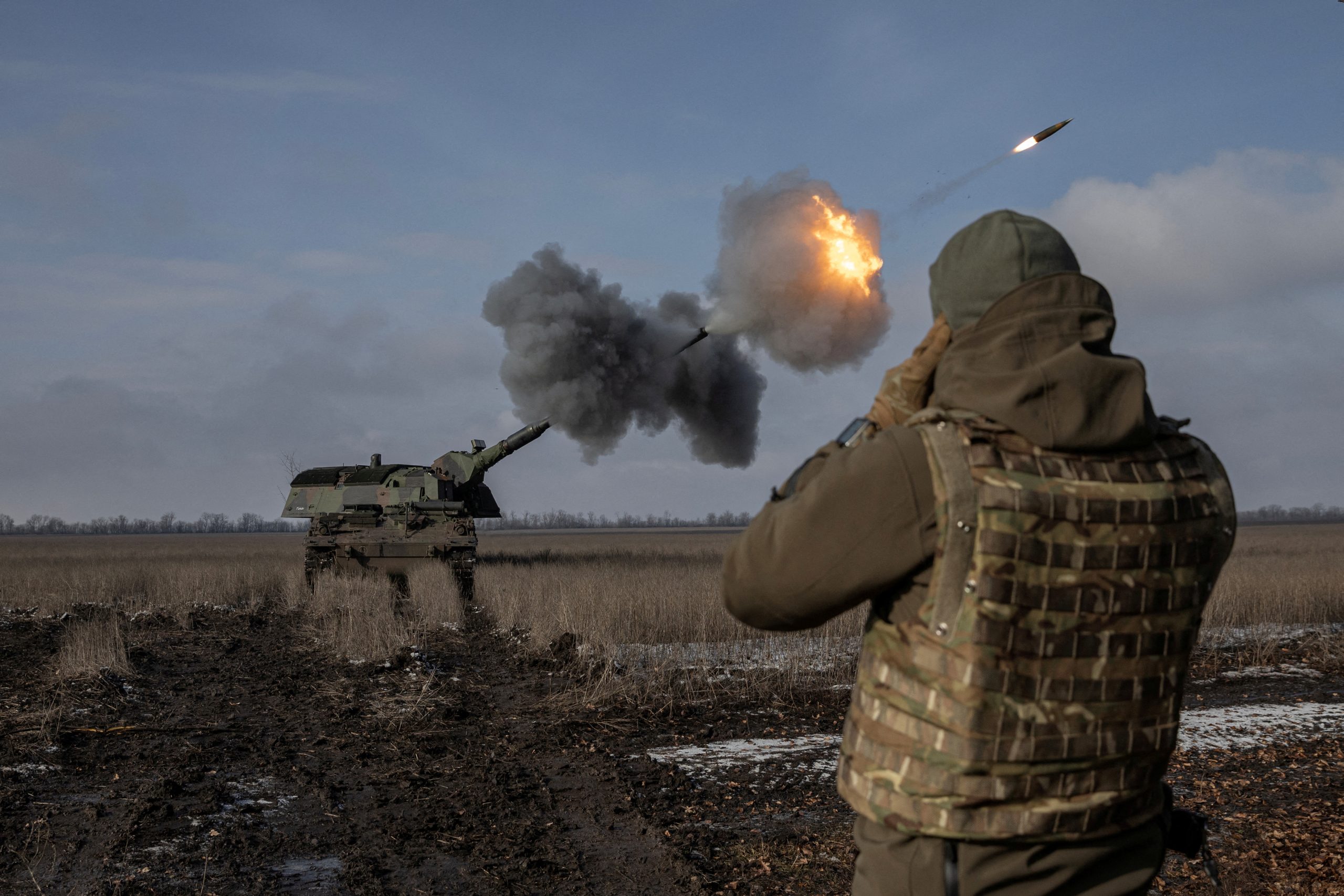
Chris Lange, FISM News
[elfsight_social_share_buttons id=”1″]
The Kremlin on Wednesday accused Ukraine of launching a drone strike inside Russia in a failed attempt to kill President Vladimir Putin.
Reuters reported that Moscow said that its military and security forces disabled the drones with electronic defenses before they could strike Putin’s residence and that no one had been harmed.
“On Wednesday night, the Kyiv regime made an attempt to strike using an unmanned aerial vehicle (UAV) the Kremlin residence of Russian President Vladimir Putin,” the Kremlin said in a statement, per Sky News.
“Two unmanned aerial vehicles were aimed at the Kremlin,” it continued. “As a result of timely actions taken by the military and special services with the use of radar warfare systems, the vehicles were disabled.”
A video clip circulating on Russian social media appears to show smoke rising over the Kremlin’s walled citadel following the alleged attack.
US TO ANNOUNCE NEW $300 MILLION MILITARY PACKAGE FOR UKRAINE DRAWN FROM US STOCKPILES
The Pentagon is expected to announce a new $300 million military aid package for Ukraine as early as Wednesday. Sourced from U.S. stockpiles, the latest package will for the first time include a Hydra 70 short-range air-launched rocket, Reuters reported, citing two officials familiar with the subject. Additional items listed are 155-mm Howitzer cannons, Howitzer and HIMARS ammunition, anti-tank missiles and mortars, and demolition equipment.
The package will be funded using the Presidential Drawdown Authority which allows the president to bypass congressional approval to transfer U.S. weapons in cases of emergency.
The latest security assistance package marks the 37th approved by the Biden administration, bringing the total U.S. commitment to Ukraine since the February 2022 invasion to $36 billion.
Despite objections from some Republicans over continued funding for Ukraine’s defense at a time when congressional lawmakers have locked horns over a debt-ceiling hike, both House Speaker Kevin McCarthy and Senate Minority Leader Mitch McConnell recently said that they support continued U.S. aid to Kyiv.
GERMANY’S SCHOLZ WARNS NATO WEAPONS MUST NOT BE USED TO ATTACK RUSSIA
German Chancellor Olaf Scholz stressed this week that there are restrictions on how Ukraine may use Western-supplied weapons, including that they must not be used to attack Russia.
“It is very important for us that the weapons that we supply and with which Ukraine can defend itself are not used to attack Russian territory,” Scholz said on Monday, Newsweek reported.
German Defense Minister Boris Pistorius suggested last month that he would not object to Ukrainian forces conducting limited operations within Russia’s borders “to cut off their supply routes … as long as cities, civilians, [and] civilian objects are not attacked.”
Kremlin spokesperson Dmitry Peskov said that Scholz’s words ring hollow since Germany cannot offer any guarantees concerning where or how its weapons may be used in the conflict.
“First, Germany doesn’t have a way to check. Second, the weapons supplied by Germany to the Kyiv regime are already firing at Russian territory, because the Donbas is a Russian region,” Peskov told reporters, per Reuters.
He added that Germany has expanded both “direct and indirect involvement” in the conflict and said Scholz “should take that as his starting point.”
Russian President Vladimir Putin has repeatedly warned NATO members against interfering in the invasion, threatening retaliation that includes possible nuclear warfare.
RUSSIA’S DEFENSE MINISTER DENIES MUNITIONS SHORTAGE
Russian Defense Minister Sergei Shoigu pushed back on the latest complaint from Wagner group leader Yevgeny Prigozhin that his forces face a critical ammunition shortage.
“This year, [Russia’s] Armed Forces have already received enough ammunition to inflict effective fire damage on the enemy,” Shoigu declared in a meeting with Russia’s top military brass, according to Newsweek.
Prigozhin on Saturday threatened to pull his fighters out of Bakhmut if he did not receive more supplies “immediately.”
Western intelligence communities have widely reported that Russia’s weapons and ammunition stockpiles have diminished significantly in the nearly 15 months since Putin announced his short-term “military operation” in Ukraine.
Britain’s Ministry of Defense said in its latest intelligence assessment of the conflict that Russia’s April 28 and May 1 airstrikes on its neighbor consisted of “smaller numbers of missiles than seen in previous attacks, which is likely due to Russian attempts to rebuild its [mounted air-launched cruise missile] stockpiles.”
The report also noted that the chosen targets of the back-to-back attacks appear to indicate that Russia’s military may have shifted away from focusing strikes on Ukrainian infrastructure facilities.
“Both recent strikes were likely focused on Ukraine’s military, industrial, and logistical infrastructure,” the Ministry said.
